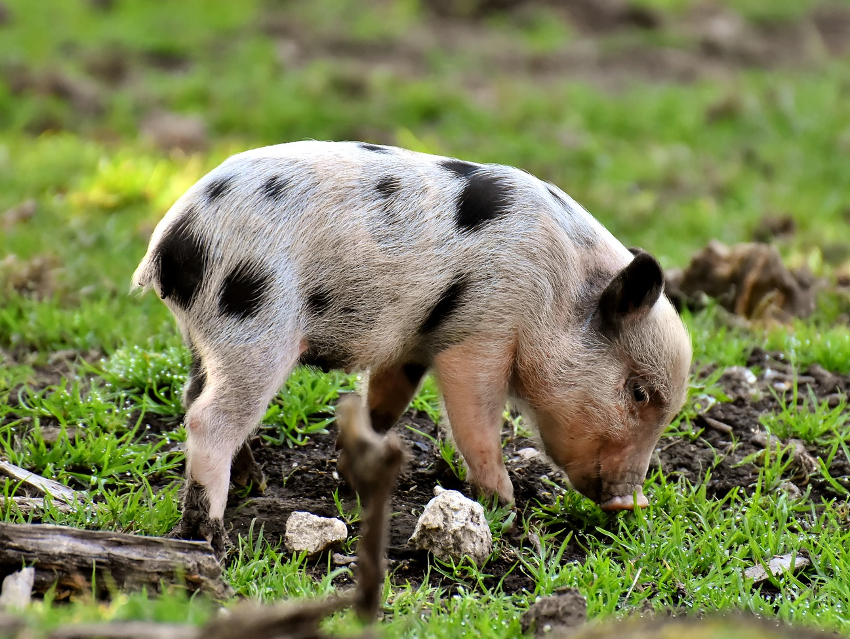The large‐scale use of petrochemical‐based plastics is damaging our environment. Discarded plastics are usually harmful to animals when ingested. Biodegradable plastics could be a useful alternative. Poly‐3‐hydroxybutyrate (PHB), for example, is a commonly used bioplastic. It can be synthesized by bacteria and is biodegradable. PHB could be a non-harmful alternative to petrochemical plastics and might even have positive effects in animal feed.
Wenbing Zhang, Ocean University of China, Qingdao, Xi Ma, China Agricultural University, Beijing, Guo‐Qiang Chen, Tsinghua University, Beijing, China, and colleagues have investigated whether PHB can be used as a feed additive for large yellow croaker fish and weaned piglets. The team studied this using feeding trials, with one group of the animals receiving conventional feed and one group receiving feed with added PHB, but with the same amount of calories overall.
The fish grew faster and gained more weight when 1–2 % PHB was added to the feed. This was accompanied by increased survival rates. The researchers attribute this change to positive effects on the immunity and microbiomes of the fish. Piglets grew normally and showed no significant change in average daily weight gains or organ development when 0.5 % PHB was added to the feed. According to the researchers, PHB is promising as a plastic that combines biodegradability and biocompatibility with good tolerability as a feed supplement for animals.
- Microbial Poly-3-hydroxybutyrate (PHB) as a Feed Additive for Fishes and Piglets,
Xuan Wang, Xiao-Ran Jiang, Fuqing Wu, Yiming Ma, Xuemei Che, Xiyue Chen, Ping Liu, Wenbing Zhang, Xi Ma, Guo-Qiang Chen,
Biotechnol. J. 2019.
https://doi.org/10.1002/biot.201900132




